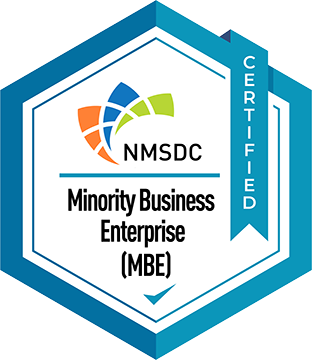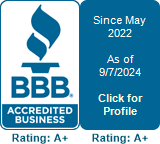The course opens with foundational knowledge about the Joint Commission and the importance of standardization. Includes information about upholding language services standards and appropriately compiling paperwork, which will be useful to staff interpreters and patient relations personnel. We cover a glossary of common terms associated with accreditation and thorough descriptions of Joint Commission offerings.
The second module opens with a description of on-site survey priorities. We cover preparing for an inspection and different roles within the facility. The course launches an in-depth explanation of every step of the on-site survey process. Every survey is a little different depending on the facility type and the programs for which you’re applying for accreditation. The course is customizable to fit your organization’s needs. The base course includes information about every step applicable to all programs.
Finally, we discuss receiving and responding to results on the SAFER matrix and tips for upholding standards every day. The course concludes with a comprehensive exam to complement the mini exams throughout the modules. Upon successful completion, participants receive a certificate to mark their accomplishment.
Duration and Format
The course is timed to last for 45-60 minutes. It consists of two modules, each with interactive mini-review activities. The course concludes with an exam and a certificate upon completion and a passing exam result. Each module consists of a variety of informational slides, in both interactive and lecture formats. This broadly engages participants, ensures retention, and encourages application. The mix of different slides adds not only visual interest but targets different learning styles to fit all needs. The course is fully narrated.
The course is entirely online and easily accessible from our e-learning platform. It requires no downloads or special permissions. As an employer, there’s another advantage to using our system: you’re able to track your employees’ progress and completion rates. If you’re working as an independent contractor, you can access your account any time and see your status. You also have full access to our course catalogue and resource.
The information is updated regularly to meet current standards. Courses can be taken within one year of course purchase. After one year, if the course has not been completed, the program will be eliminated from the trainee’s dashboard. Certificates are accessible at any time.
Our eLearning courses are easily accessible from your mobile device. If you’re working with an organization, Working with the Joint Commission is further customizable to fit your team’s needs. Please feel free to contact us with any questions or for more information.



